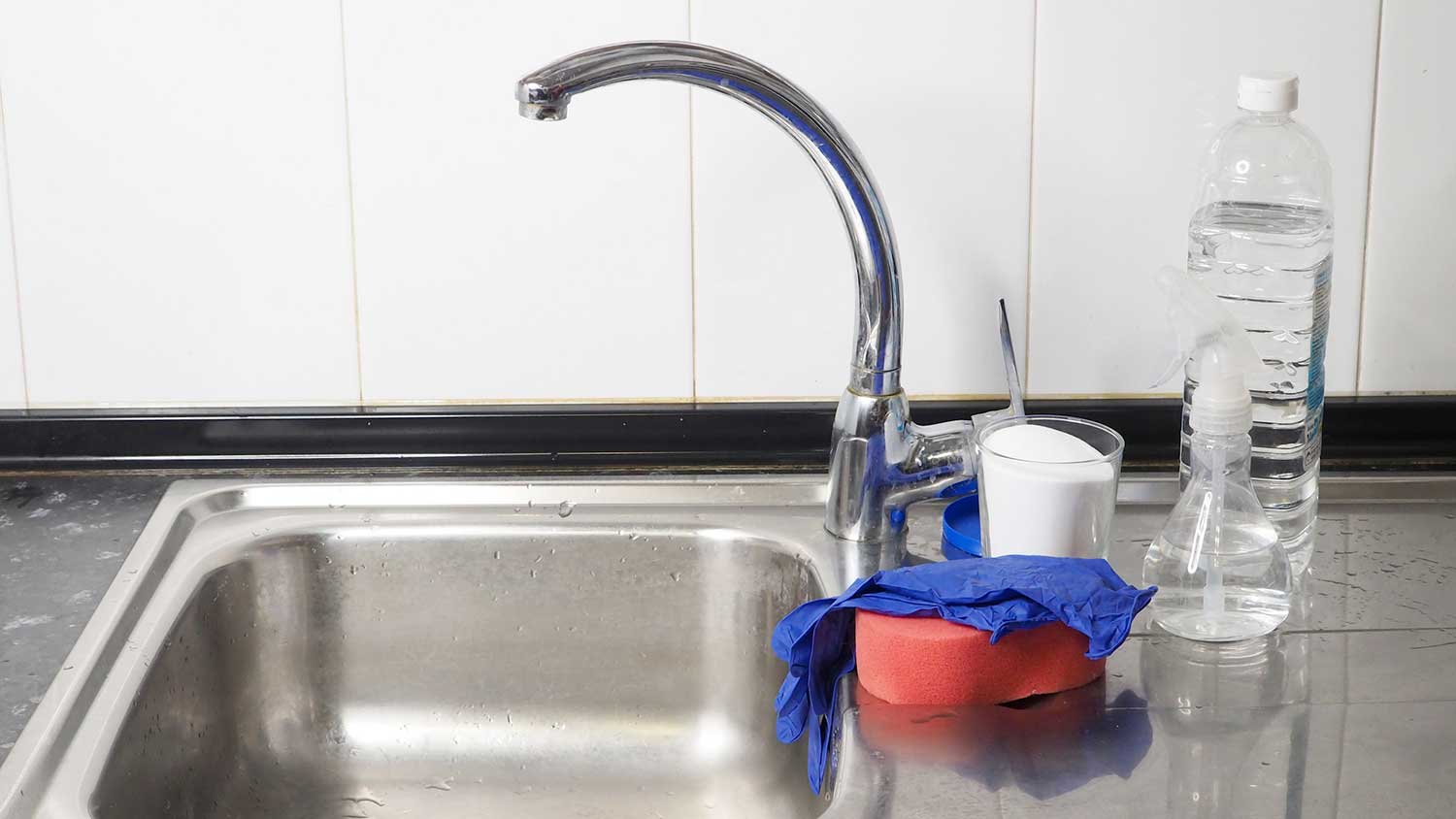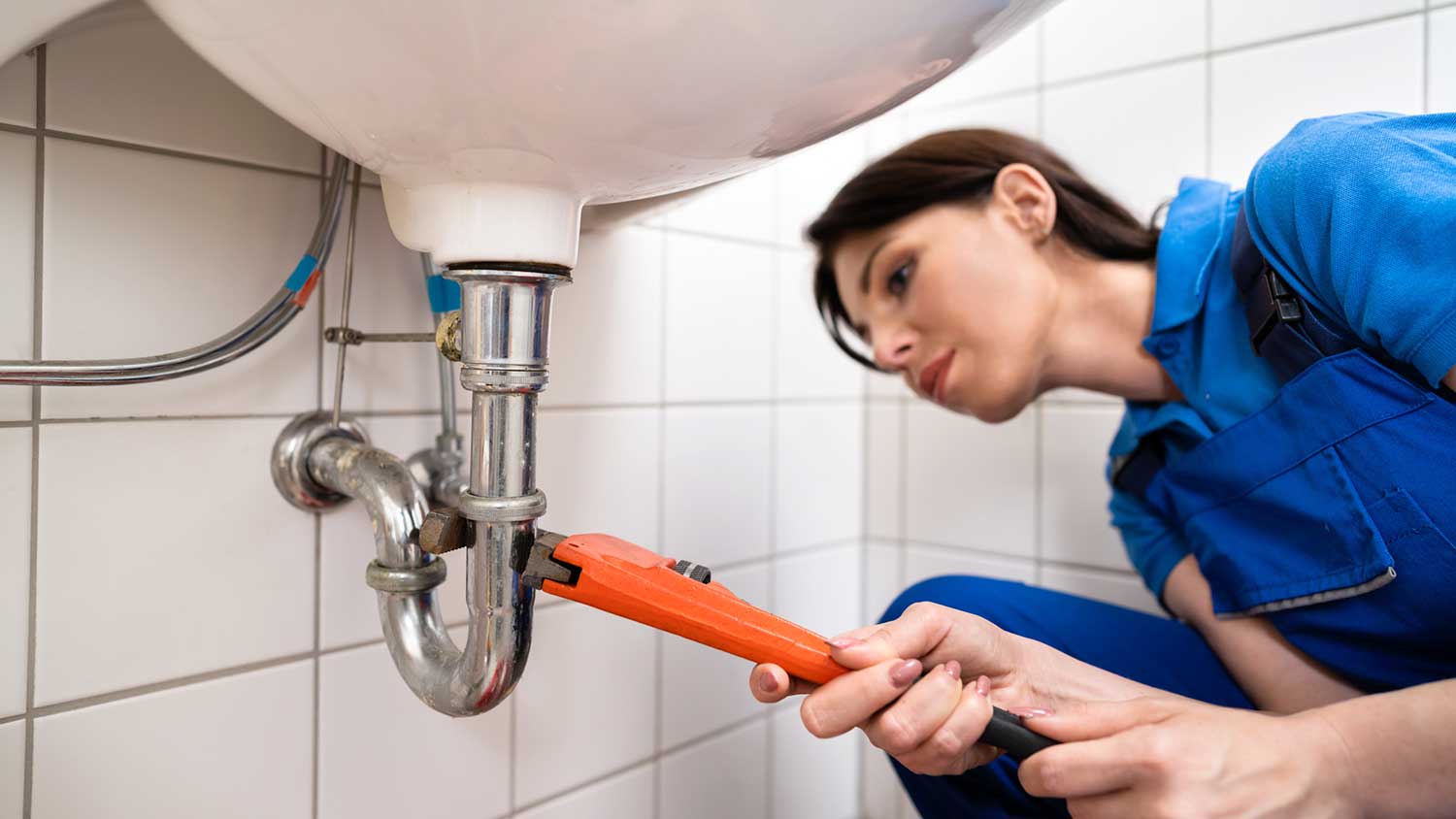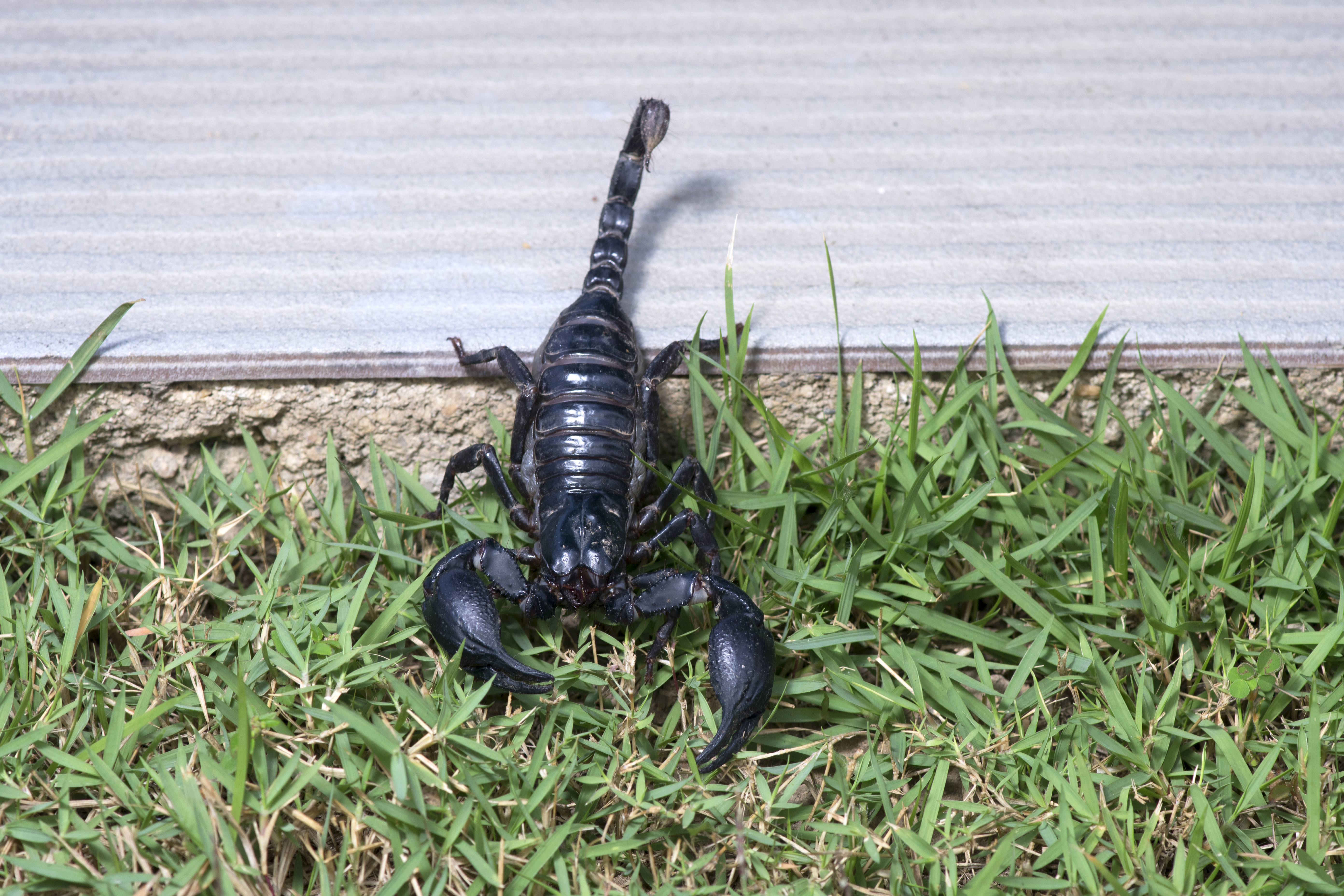
How much does bee removal cost? Learn what you’ll pay based on factors like hive location, size of the infestation, extermination or removal, and more.
These tiny flies can be a big nuisance


Bleach isn’t the best way to kill drain flies.
Drain flies feed on decaying organic matter in your bathroom and kitchen drains.
Drain flies can be caused by various issues, including leaks, clogs, or a full septic tank.
Have you noticed tiny furry insects flying around the drains in your home? If so, you may have a drain fly infestation on your hands and wonder if bleach will kill drain flies. Known as sewer flies and moth flies, these insects can show up for several reasons and can be a real nuisance if you don’t address the problem.
There is a bit more to getting rid of these pesky little flies than you may realize, and their presence can mean a deeper issue than a dirty drain. So, let’s discuss what can cause them, why bleach is not the best option for eliminating them, and alternative methods to try.
So, should you start pouring bleach down the drain to eliminate these resilient flies? While bleach can kill drain fly larvae, it’s not the most effective and safe way to get rid of the actual eggs. It passes through the pipes too fast, which prevents it from penetrating the area where the eggs are laid.
Plus, there are some other cons to using bleach down the pipes too, such as:
May Damage Plumbing: Bleach is corrosive and can eventually cause damage and metal pipes to rust.
Toxic Fumes: You should avoid pouring bleach straight down your drains because it can cause dangerous chemical reactions. If it comes in contact with other household chemicals and organic matter, it can release toxic fumes into your home.
Harms Septic Systems: If you have a septic system, you should skip using bleach to kill drain flies. Septic systems contain good bacteria that break down organic matter, and bleach can kill essential bacteria, which can lead to clogs and prevent the system from operating effectively.
Drain flies thrive in moist areas and feed on decaying organic matter. The larvae feast on the sludge that builds up in pipes, such as bacteria, fungi, and algae. Adult drain flies feed on polluted water and flower nectar. So, that’s why you will see them hovering around various drains in your home, especially in bathrooms and kitchens.
Here are several things that can attract drain flies to suddenly appear in your home:
Clogged Drains: One obvious reason drain flies will start making an appearance is clogged drains. A buildup of food, coffee grounds, grease, hair, and other debris can create clogs that provide the perfect environment for drain flies to live.
Dirty Garbage Disposals: Improper use or not frequently cleaning your garbage disposal can create a hospitable home for these tiny flies.
Leaks in Pipes: If plumbing pipes have a leak, it can cause standing water that has organic matter, which will attract drain flies.
Refrigerator Drain Pans: Some refrigerator models have drain pans under them to collect condensation and water from the defrosted ice, and this stagnant water can attract drain flies.
Septic Tanks: Drain flies can be a sign that your septic tank is full and needs to be pumped or that there is a plumbing issue. If you still have these pests after trying other methods to get rid of them, you may want to have your septic tank checked.

Since using bleach to kill drain flies isn’t ideal, how should you get rid of them? Here are a few methods to effectively exterminate and prevent these tiny pests from living in your drains:
Try a DIY Drain Cleaner: Instead of bleach, try mixing up a solution of ½ cup baking soda, ½ cup salt, and 1 cup vinegar to pour down the drain to kill the flies. Allow it to sit overnight, then wash the pipes out with boiling water. If you have PVC pipes, use warm water instead.
Use a Liquid Drain Cleaner: In extreme cases, you may need to opt for a liquid drain cleaner to eliminate drain flies. These solutions can dissolve the organic matter that may be clogging your pipes.
Don’t Wash Food Down Your Drains: Even small portions of food and coffee grounds can cause buildup in your pipes and create an ideal living environment for drain flies. Avoid washing food particles down drains to help prevent drain flies from having the right conditions to prosper.
Hire a Bug Control Service: If you can’t seem to eradicate these flies from dwelling in your drains, you may want to hire a professional bug control service near you to tackle the task. A professional can get to the source of the issue and use methods to dispose of drain flies effectively.
Have Your Drains Professionally Cleaned: One of the best long-term solutions for ridding these flies is to have your drains cleaned by a professional. They will inspect for infestations and deep clean pipes where the flies lay their eggs.
From average costs to expert advice, get all the answers you need to get your job done.

How much does bee removal cost? Learn what you’ll pay based on factors like hive location, size of the infestation, extermination or removal, and more.

Professional spider exterminator costs vary depending on the infestation size, visit frequency, and methods. Use this guide to budget for speedy spider removal.

Bats may have their benefits, but you don't want them taking up residence in your home. This guide will help you understand bat removal costs.

Water bugs are pesky creatures that may enter your home in search of water and food. Learn how to prevent water bugs from entering your home.

Scorpions are creepy pests that you definitely don’t want near your living space. Find out how to keep scorpions away from your house.

Discover methods for how to get rid of rabbits using humane tactics, including fences, repellents, and a decoy garden. Get ready to send those bunnies hopping.